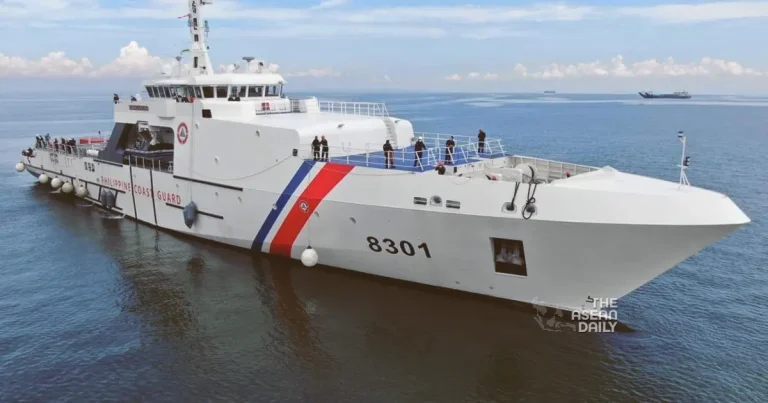31-3-2024 (MANILA) In response to escalating tensions and disputes with China, Philippine President Ferdinand Marcos Jr has directed his government to enhance coordination on maritime security to address various challenges to territorial integrity and peace. The order, signed on March 25 and made public on March 31, does not explicitly mention China but follows a series of maritime confrontations and mutual accusations over disputed areas in the South China Sea.
China claims almost the entire South China Sea, a vital route for over US$3 trillion (S$4 trillion) of annual ship-borne commerce. These claims overlap with those of the Philippines, Vietnam, Indonesia, Malaysia, and Brunei. In 2016, the Permanent Court of Arbitration ruled that China’s claims lacked legal basis.
The recent escalation occurred when China used water cannons to disrupt a Philippine resupply mission to the Second Thomas Shoal, where soldiers guard a warship intentionally grounded on a reef 25 years ago.
President Marcos stated in the order, “Despite efforts to promote stability and security in our maritime domain, the Philippines continues to confront a range of serious challenges that threaten territorial integrity but also the peaceful existence of Filipinos.”
On March 28, the President vowed to implement counter-measures against “illegal, coercive, aggressive, and dangerous attacks” by China’s coast guard.
The order expands and reorganizes the government’s maritime council, incorporating the national security adviser, solicitor general, National Intelligence Coordinating Agency chief, and the South China Sea task force.
Furthermore, the order appears to strengthen the military’s role by including the Armed Forces of the Philippines, not just the navy, among the agencies supporting the council.
The National Maritime Council, renamed under the order, will serve as the central body responsible for formulating strategies to ensure a “unified, coordinated, and effective” framework for the Philippines’ maritime security and domain awareness.
President Marcos expanded the number of agencies supporting the council from nine to thirteen, including the space agency and the University of the Philippines’ Institute for Maritime Affairs and the Law of the Sea. The aim is to leverage expertise and resources from various institutions to address the challenges posed by the disputed maritime territories.




